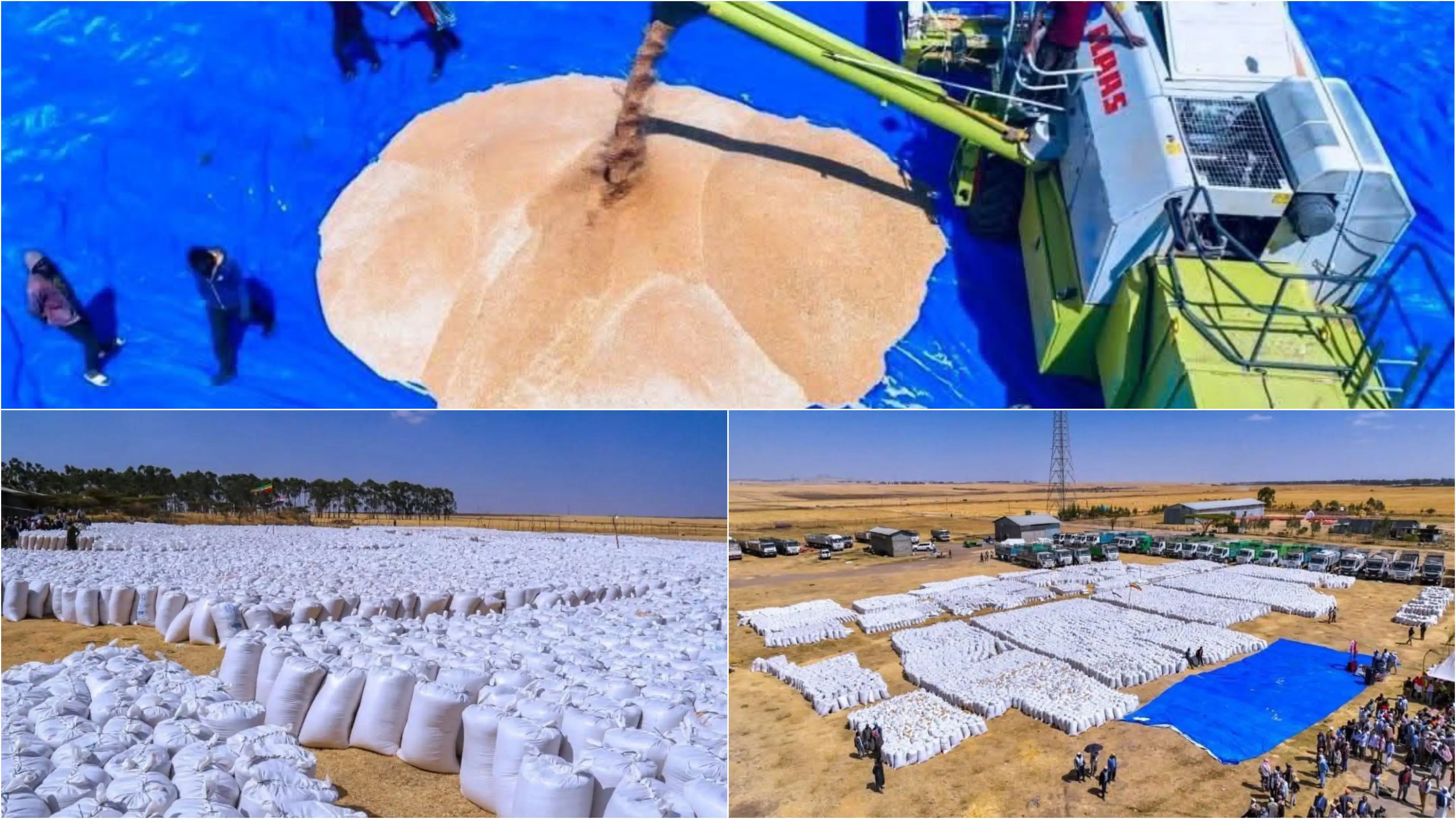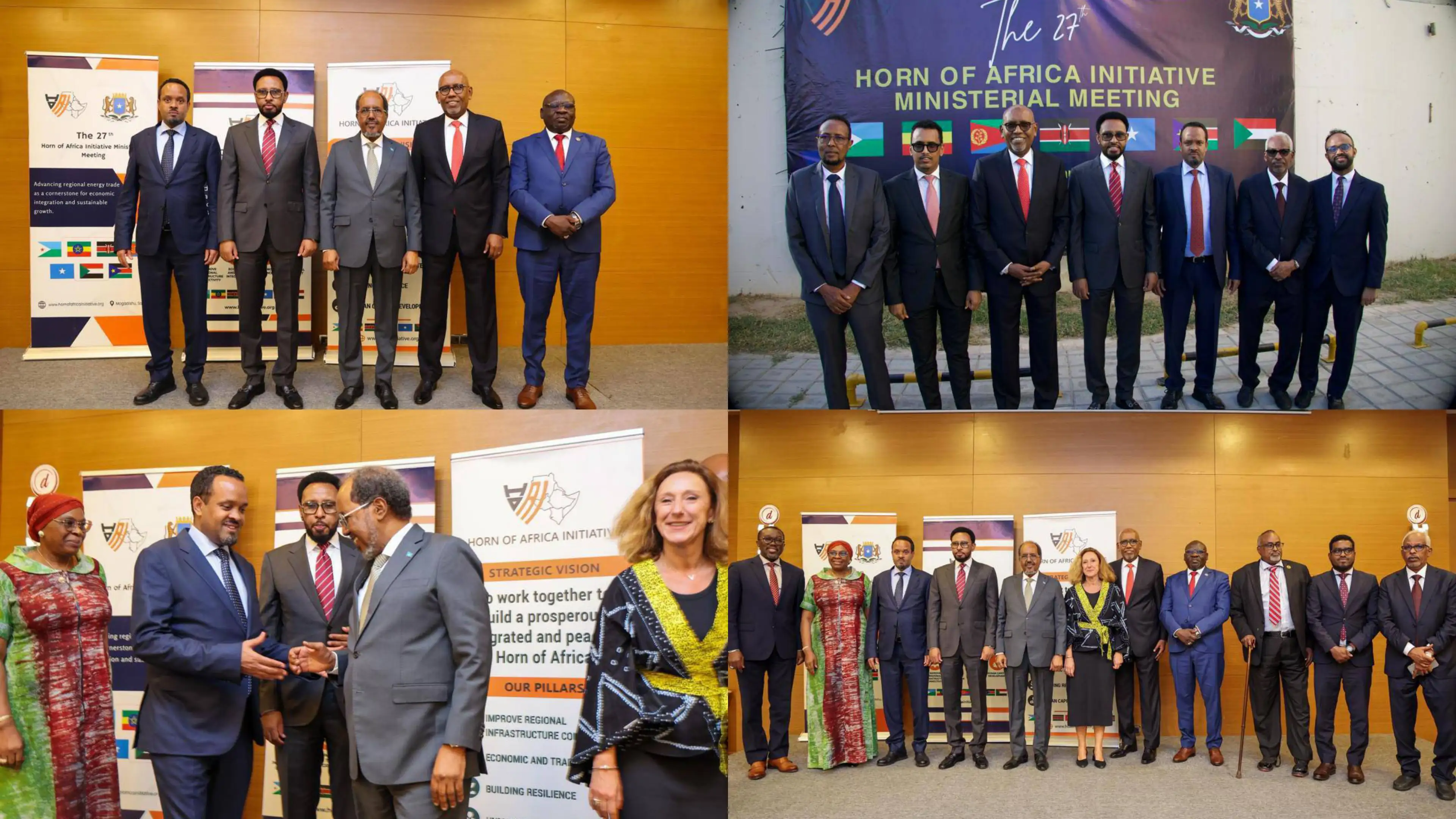Major international media outlets that once viewed the Grand Ethiopian Renaissance Dam (GERD) as a threat to downstream nations are now analyzing its potential to be a blessing for those countries.
Scholars contend that the perspective of these major media organizations on the GERD has decisively shifted following the dam’s completion and inauguration.
Academics note that earlier media coverage of the dam was predominantly negative. Now that the construction is complete, however, these same outlets are reporting that the GERD will significantly boost Ethiopia's economic benefit.
Dr. Teshale Tegene, a researcher at Wolaita Sodo University, highlighted the dramatic shift. Media that previously reported the dam would harm downstream countries are now analyzing its potential to be a boon for those nations.
Dr. Teshale recalled that earlier reports had often presented the GERD as a source of threat, primarily reflecting the interests of external parties. He noted that since the dam's completion and subsequent inauguration, these media have begun reporting on it as a great success where Ethiopians stood united and protected their national interest through their own capacity.
He added that media outlets that had stood against Ethiopia's national interest during the construction phase have since changed their outlook and are now disseminating positive reports.
Dr. Emebet Bekele, a lecturer at Hawassa University, stated that the media invited experts and politicians to produce numerous negative reports about the GERD. She described this earlier coverage as biased toward one side and denying Ethiopia's truth.
Dr. Emebet concluded that despite the world choosing to side with powerful entities rather than upholding justice, "we were able to overcome the pressure with resilience and write a bright history, which is why the media are now amplifying our truth."




